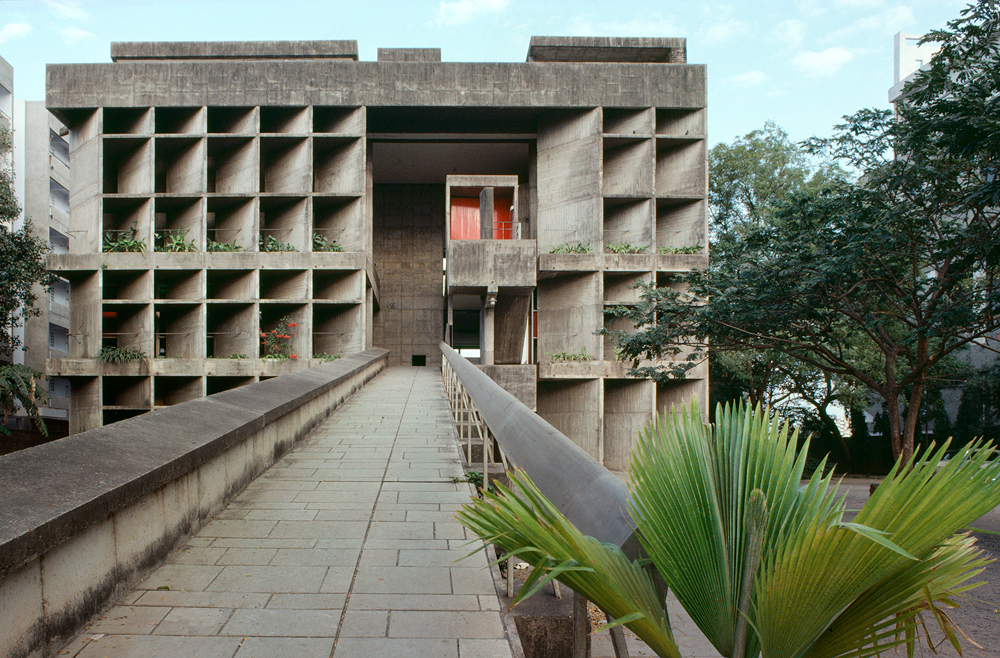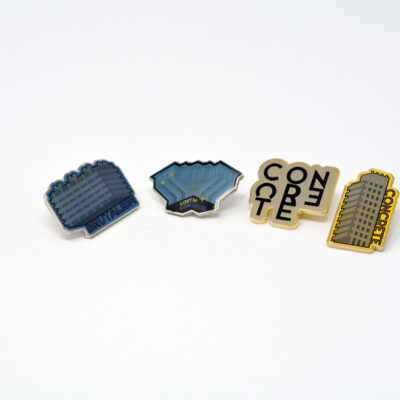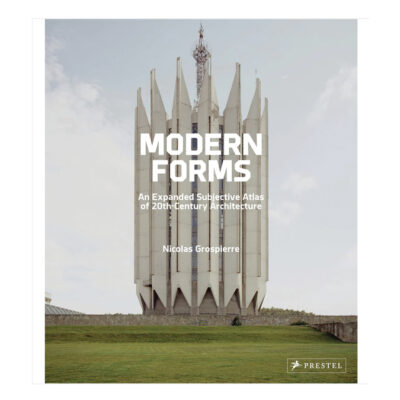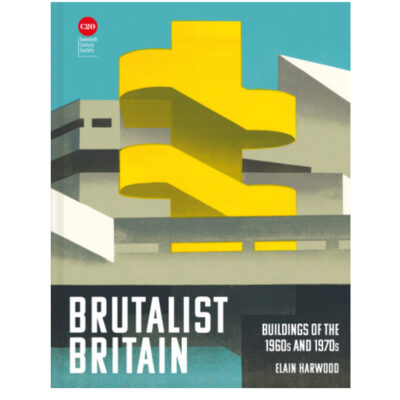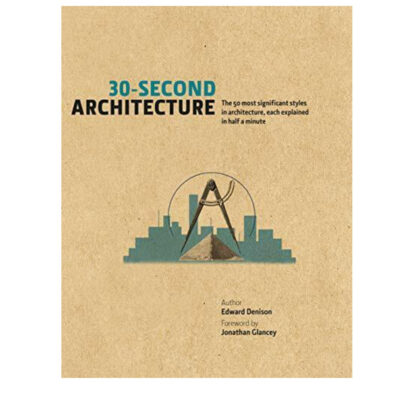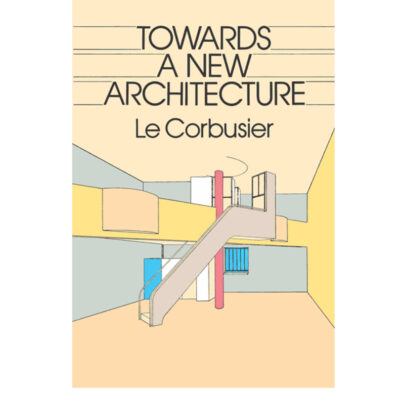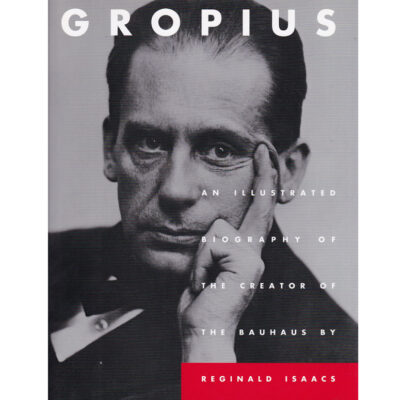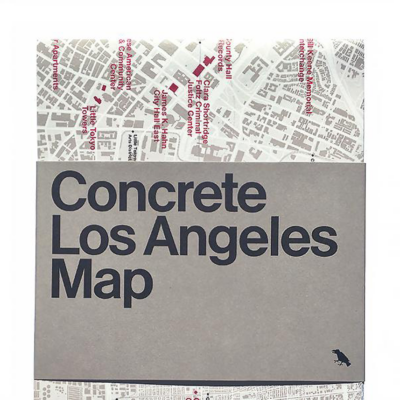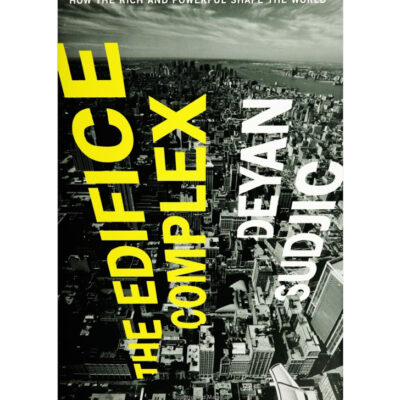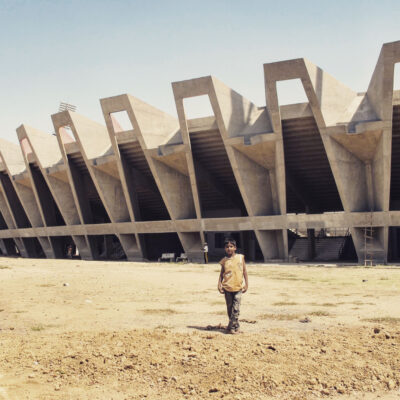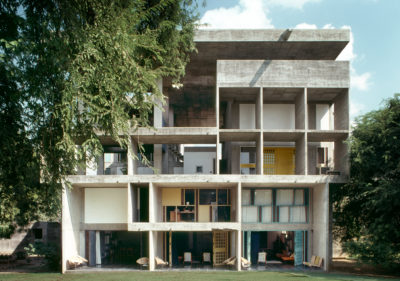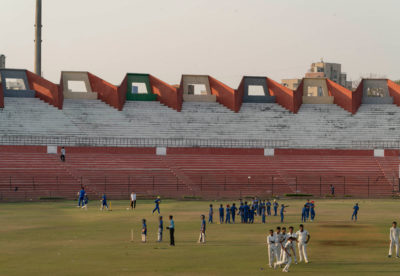Capturing Modernist India
From private tuition with Ansel Adams to photographing 20,000-year-old Aboriginal rock art, John Gollings is challenging us to sit up and look
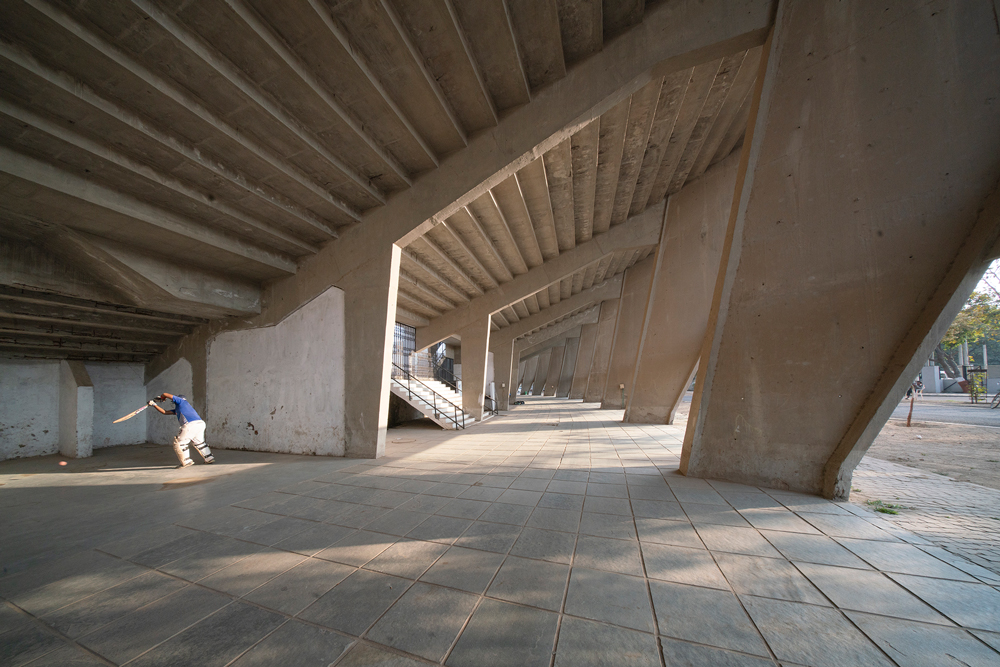
John Gollings ©
The first time you see the Ahmedabad cricket stadium through John Gollings’ lens you get it – you smell the passion, you get the nature of Indian’s national obsession. This photo is more than a batsman practising – this is a perfectionist. John recognised that because he is also a perfectionist and perhaps equally obsessed.
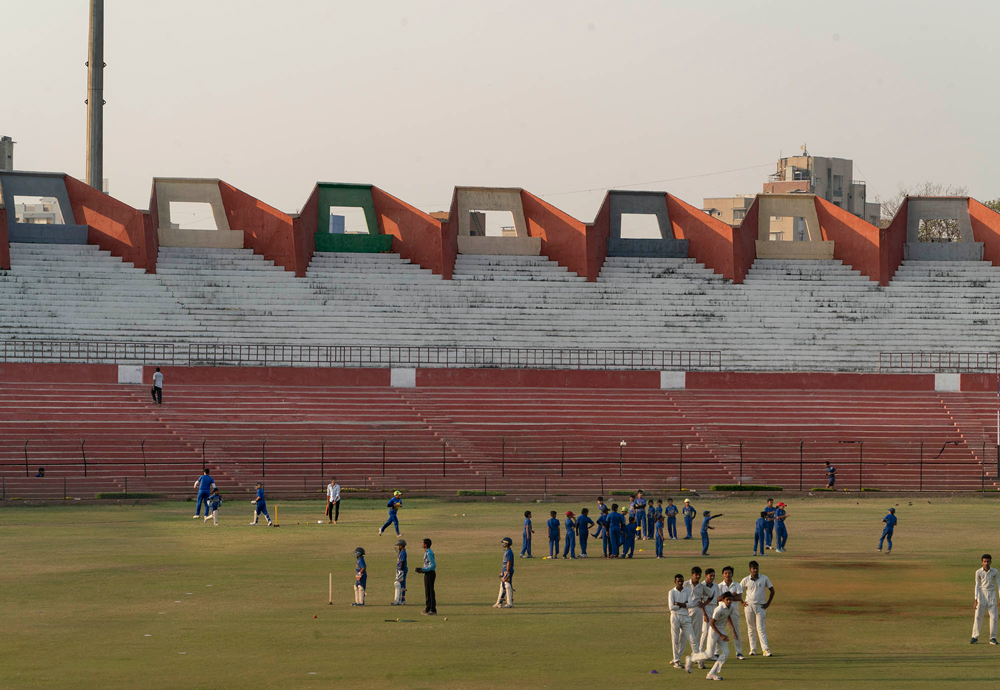
John Gollings ©
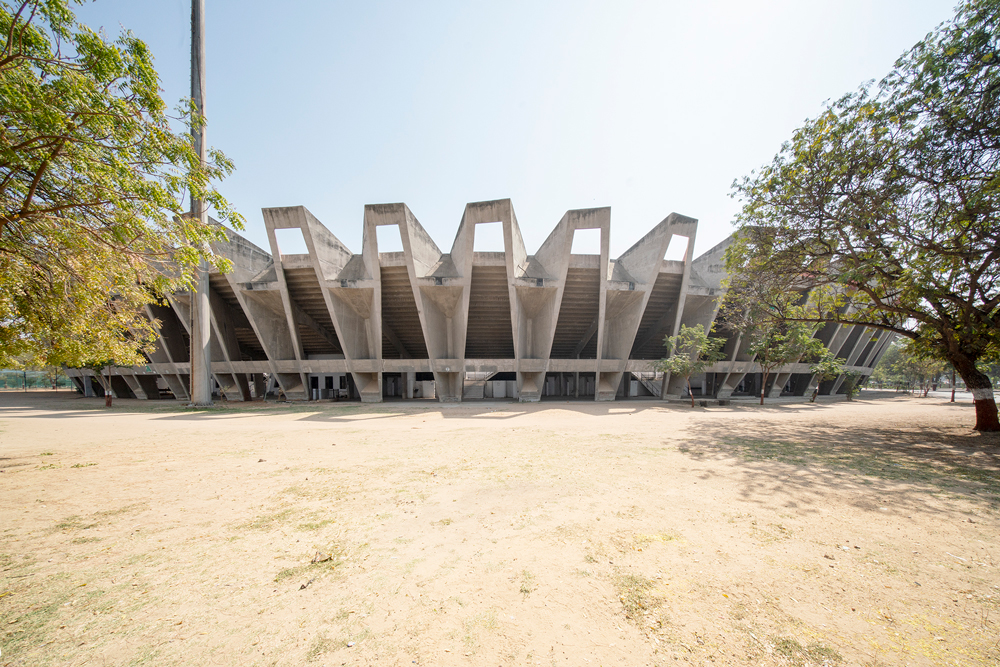
Ahmedabad cricket stadium, ImageJohn Gollings ©
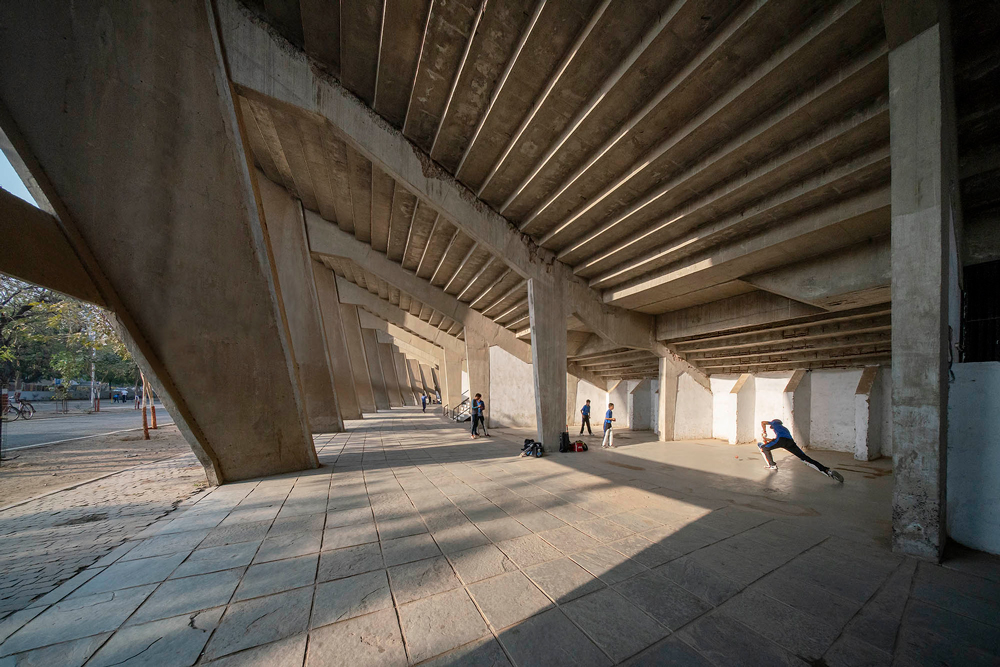
Charles Corea’s Cricket Stadium Image John Gollings ©
Trained as an architect, he actually started earning a living in fashion photography but the career quickly morphed ‘gradually getting more buildings to shoot’. Today he works around the world with a lot of focus on the US, China, Singapore and Indonesia.
Do we expect photographers to speak exclusively through their camera? In John’s case, to be frank, we’d miss out on some pretty pithy stuff – his take on how he assesses a subject is a case in point,
“Sydney Opera House is a major building in the public domain that would work well as a ruin,” he says. “But not many other buildings would work well as ruins, which is my criteria for assessing them.”
(to Michael Bleby of AFR.com.Au)
John Gollings ©
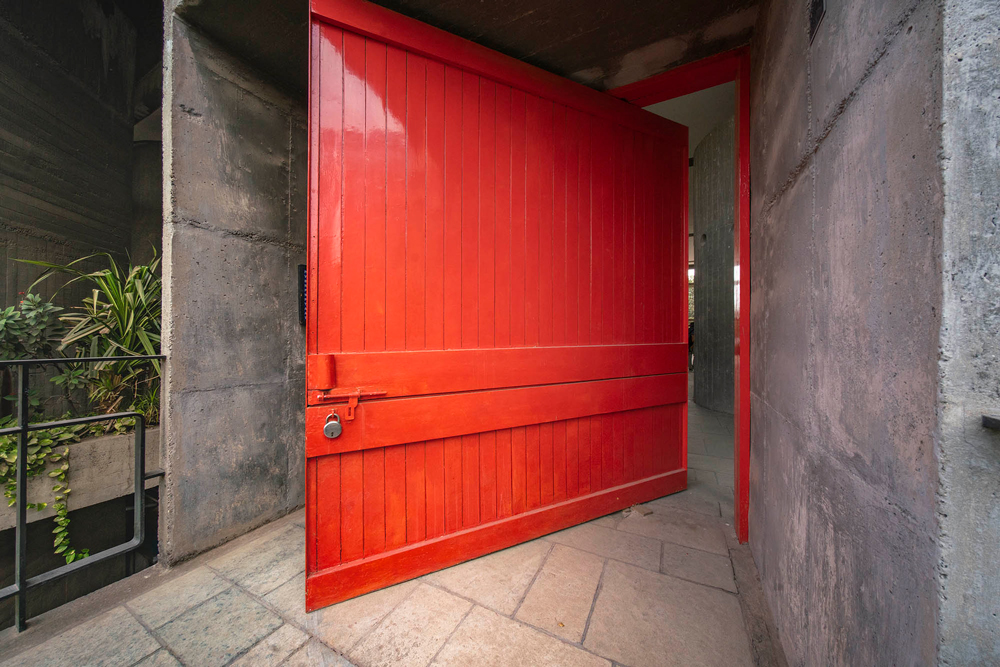
Mill Owners Association Building Image John Gollings ©
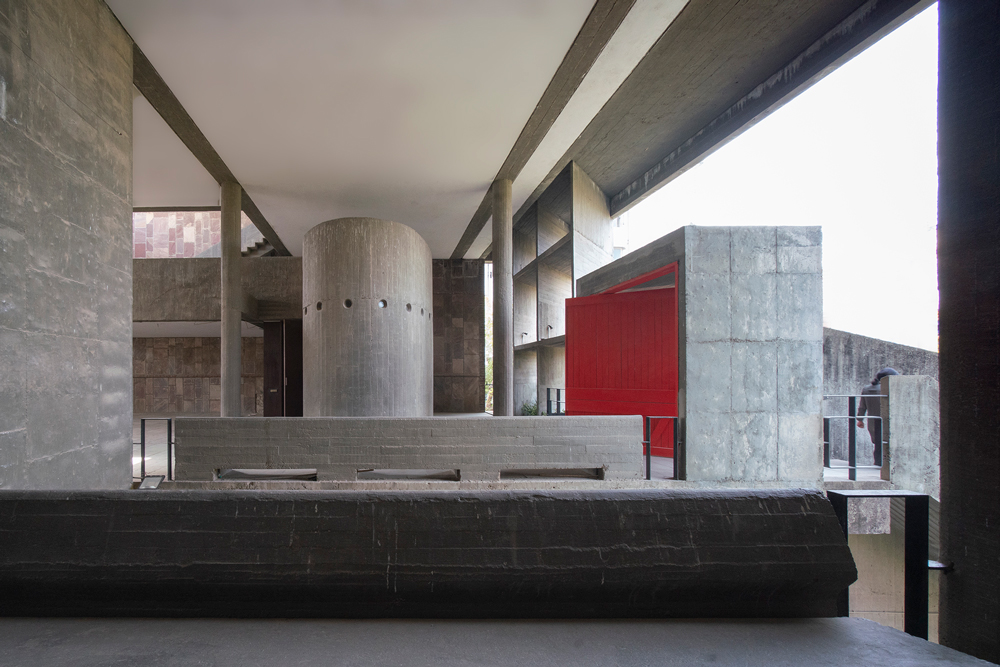
Le Corbusier Mill Owners Association Building Image John Gollings
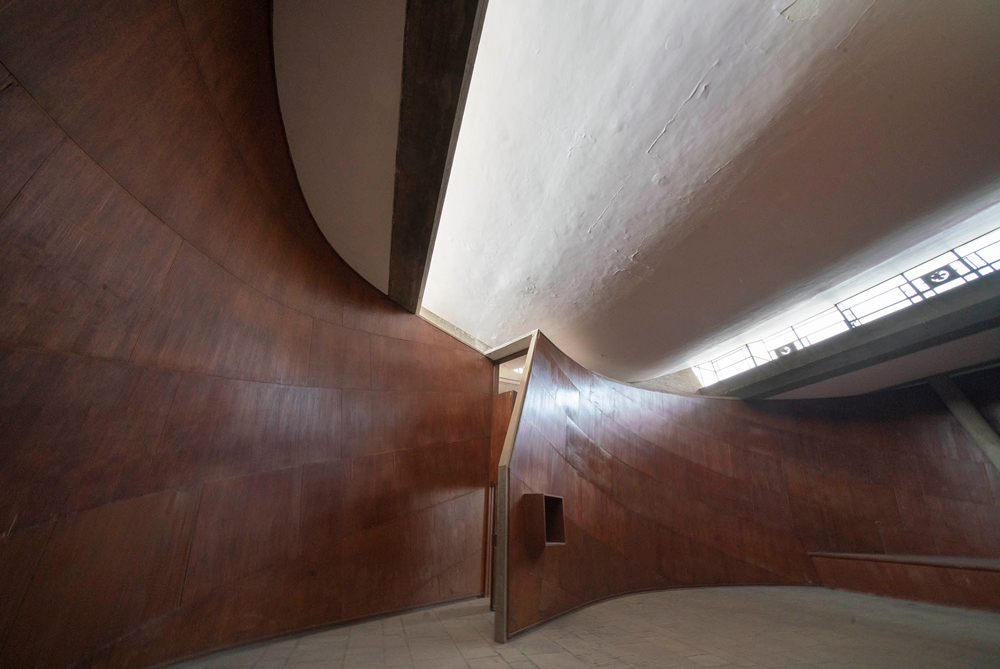
Le Corbusier Mill Owners Association Building Image John Gollings ©
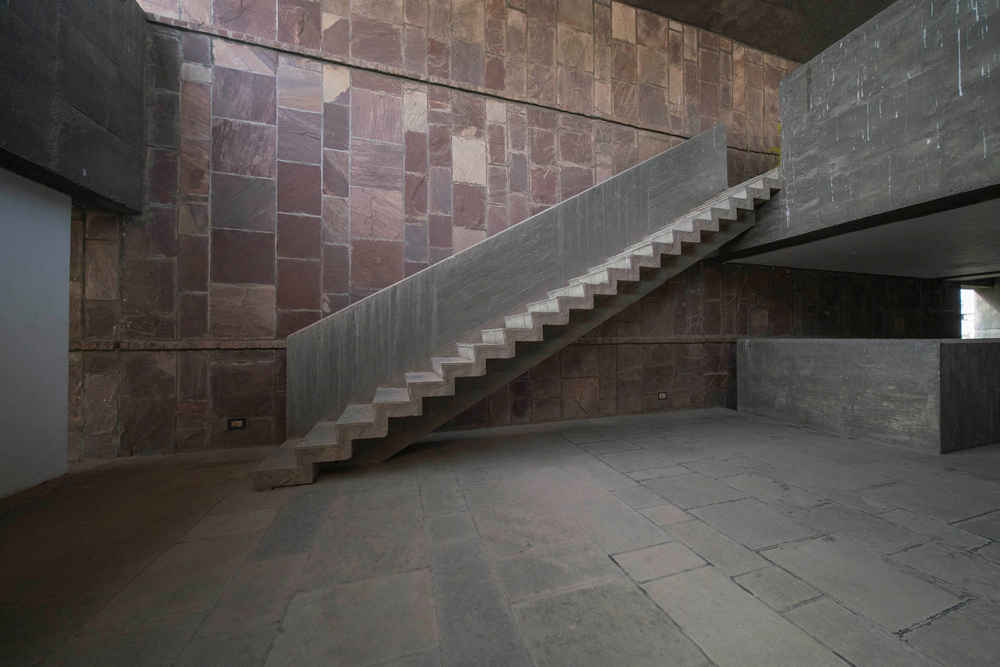
Mill Owners Association Building Image John Gollings ©
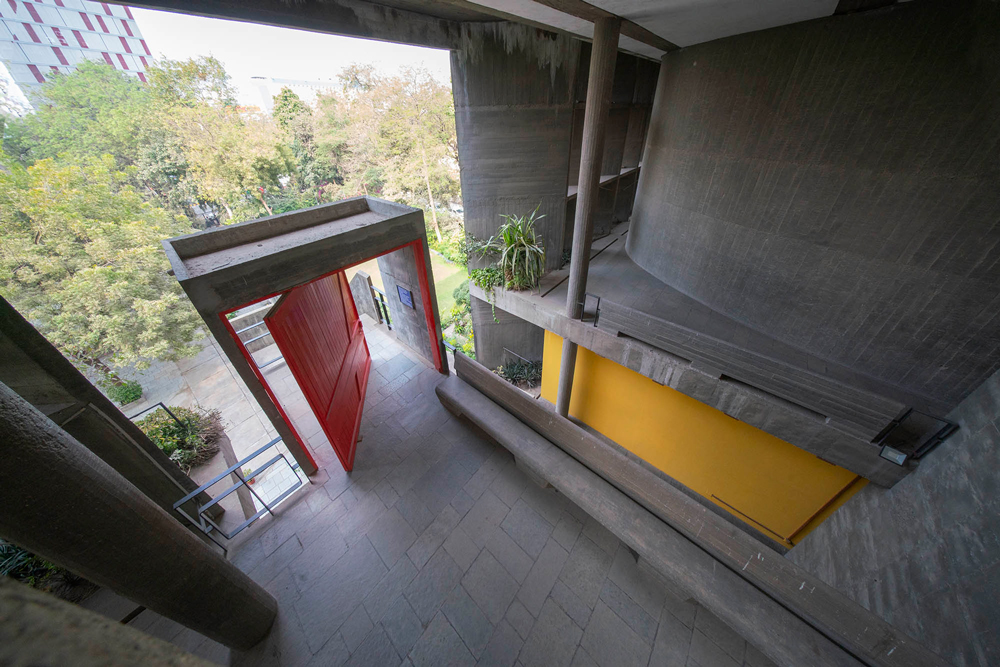
Mill Owners Association Building Image John Gollings ©
Greyscape asked John Gollings about his life in photography;
What led you to become an architectural photographer?
Been a keen photographer since the age of nine but wanted to be an architect, which I studied at university. Was offered a job in an advertising studio shooting fashion but as my contemporaries got buildings up I was asked to shoot them.
I read that you were given private tuition by Ansel Adams, what did you learn and what was Adams like?
Yes, correct. He was friendly and informative, a great teacher and shared all his knowledge. But it was his broad connection to the arts communities that inspired me to go beyond commercial work and shoot my own projects.
Do you have a personal favourite architectural style?
It’s not the current curvilinear look or parametric derivation. I was taught that form follows function. I still think that is the best starting point for a good solution. This doesn’t preclude innovative forms.
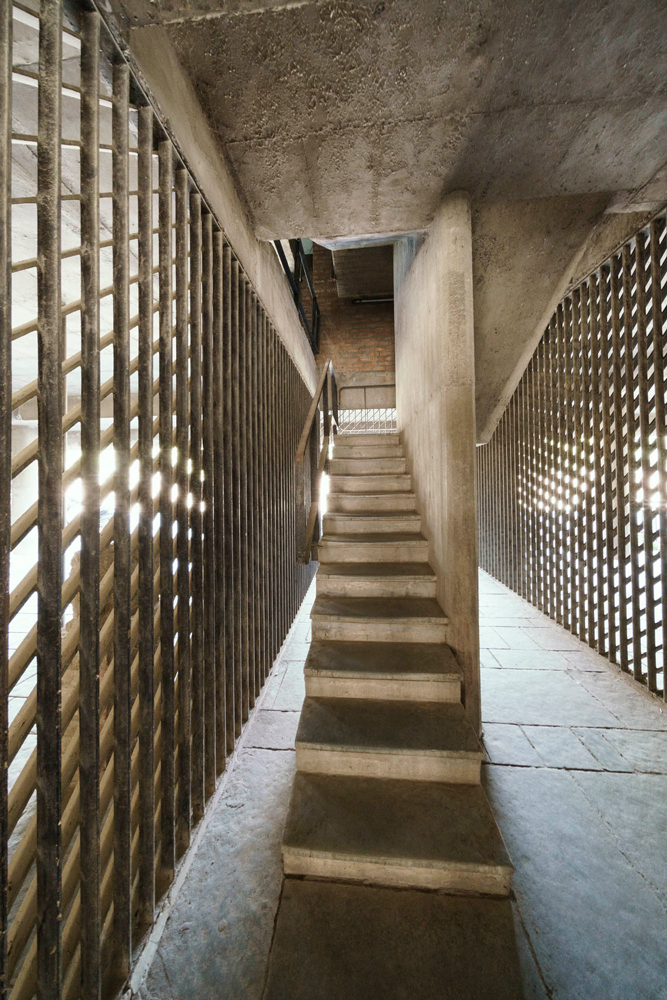
Corbusier’s City Museum Image John Gollings©
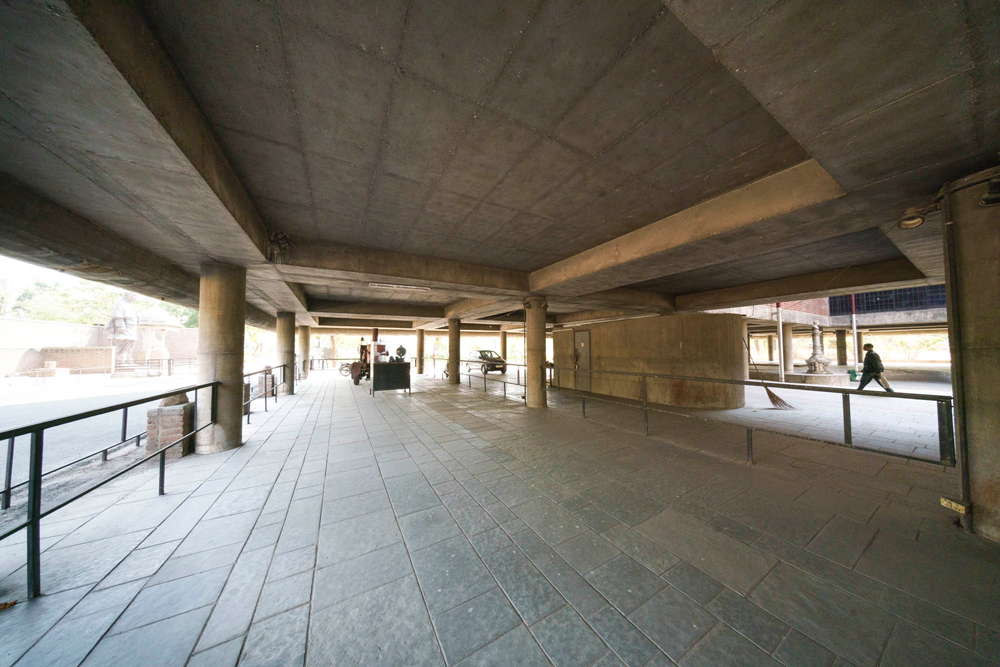
Beneath Corbusier’s City Museum Image John Gollings ©
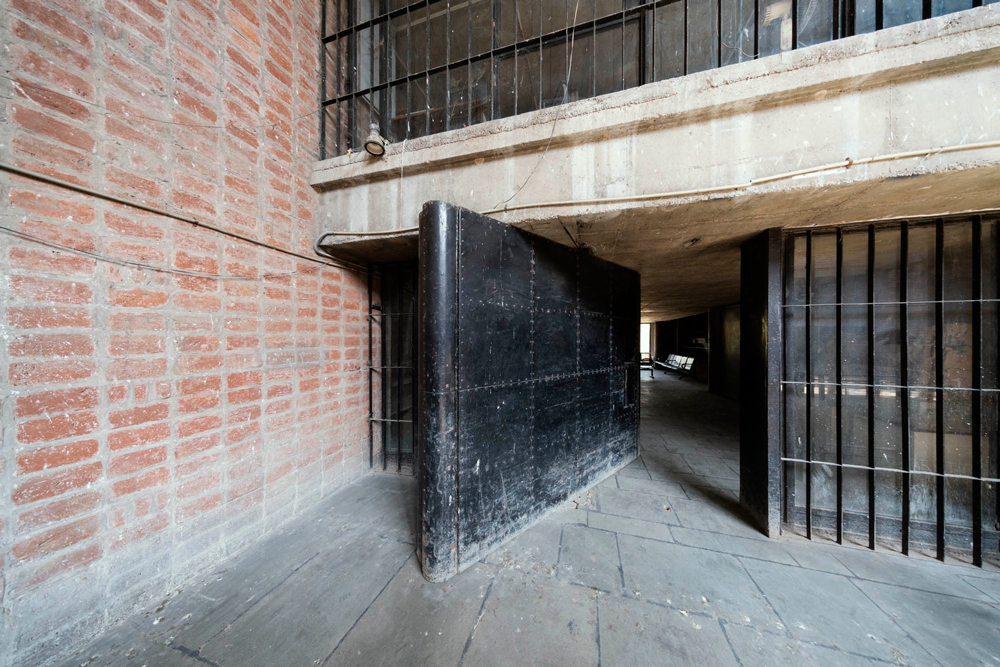
City Museum Chandigarh Image John Gollings ©
Indian modernism
Would you say that Indian Modernism is particular in of itself?
Tight budgets and simple materials have produced a stripped back version of Modernism which is timeless. Environmentally sensitive, not much glass and good use of brick and concrete.
Did you come across the work of any Indian Modernist architects that deserved more international attention?
Not personally, Snehal Shah comes to mind, a student of Doshi. Shah’s best work is yet to come. Hafeez Contractor has some bigger projects and Bijoy Jain in Mumbai
You mentioned some favourites, Louis Kahn, Corbusier, Charles Correa and Balkrishna Doshi who all built in India. What struck you about their projects – to what degree were Corbu and Kahn’s designs influenced by Indian culture and heritage?
Not much, I think India gave them the creative freedom to be international and modern
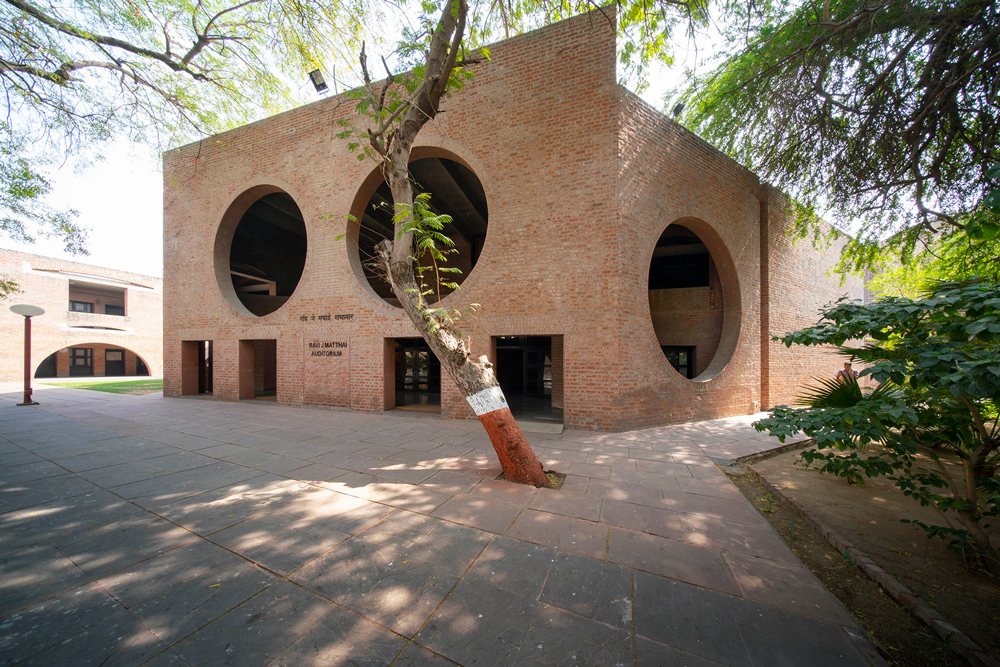
Louis Khan Plaza/Balkrishna Doshi: John Gollings ©
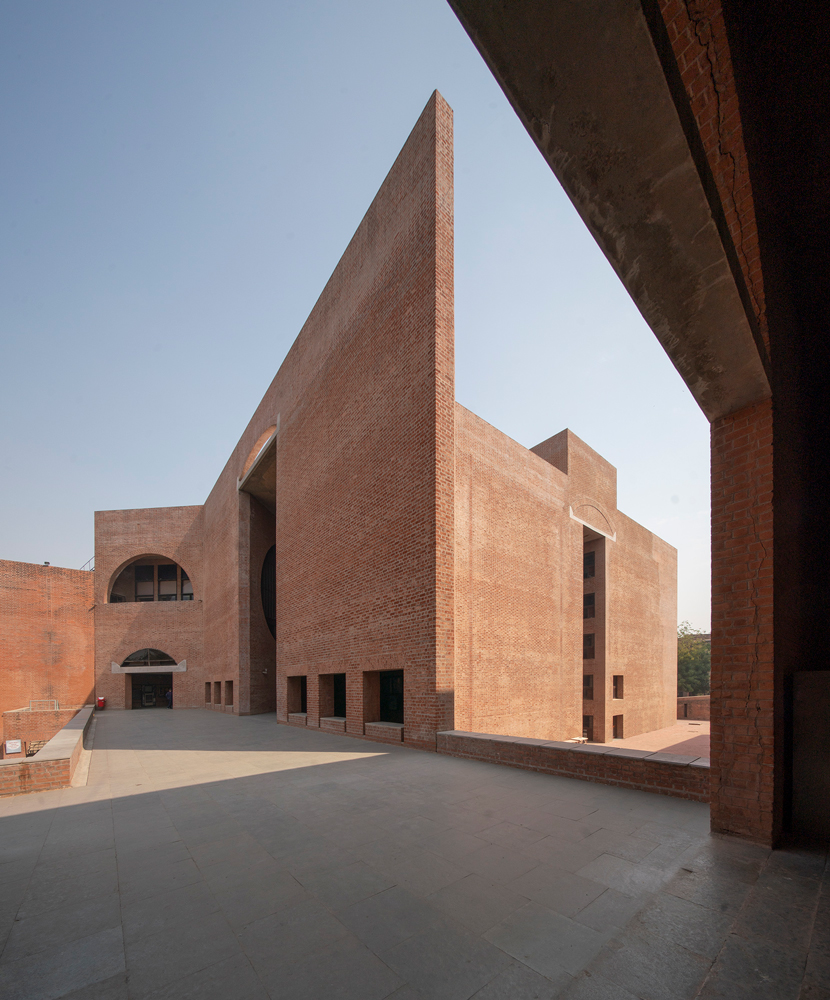
Louis Khan Plaza Khan/Balkrishna Doshi John Gollings ©
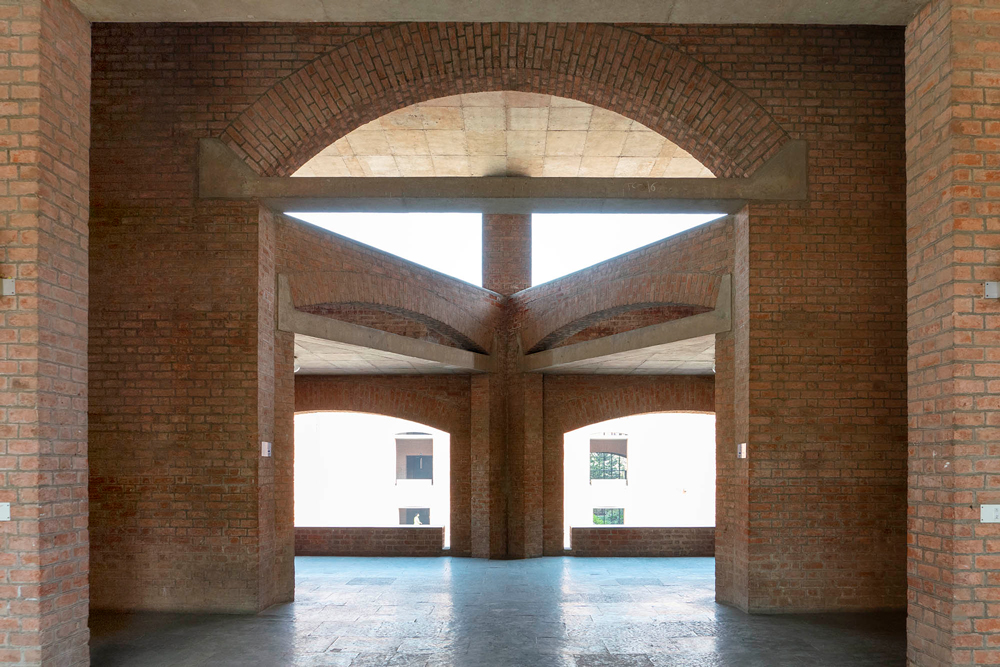
Louis Khan Plaza Image John Gollings ©
How would you recommend photographers approach photographing a building of the magnitude of the National Parliament House?
Apart from having your own compositional aesthetics, you need to follow a system or you get lost. The cinematography idea of a wide shot, medium and close up works well. I’m always looking for the hero shot. Thinking that out in advance gives a starting point.
‘I’m always looking for the hero shot. Thinking that out in advance gives a starting point’
Can you explain about your recent projects?
I have a lot on the go at once, private aerial shots of the Victorian bushfires, and a study of 20,000-year-old Aboriginal rock art in the Grampians. A hospital in Hobart and an electron microscopy building in Wollongong and an entertainment venue in Rooty Hill.
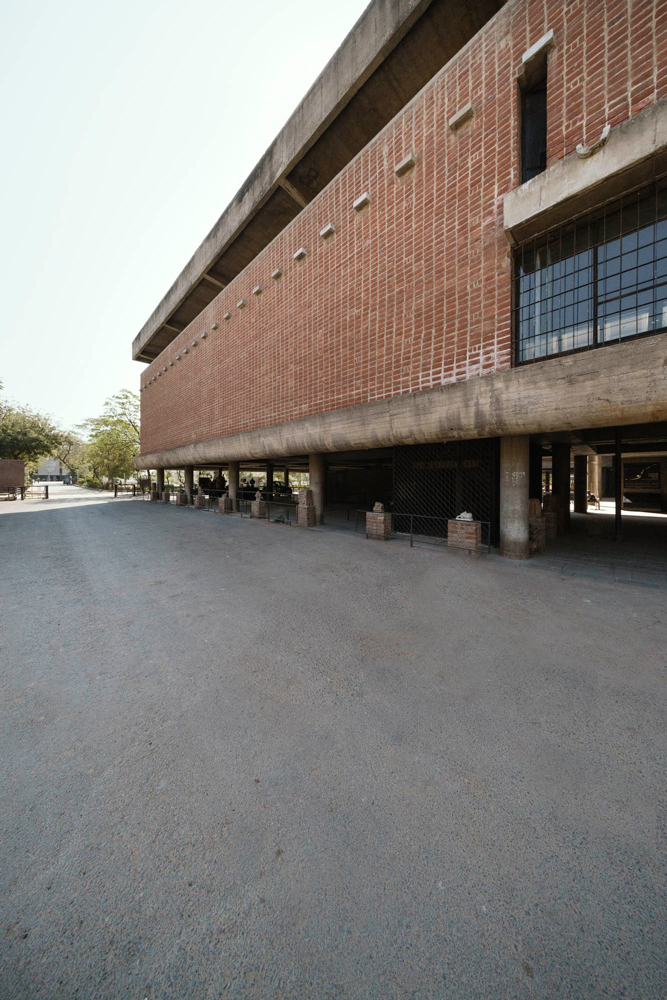
Corbusier’s City Museum Chandigarh John Gollings ©
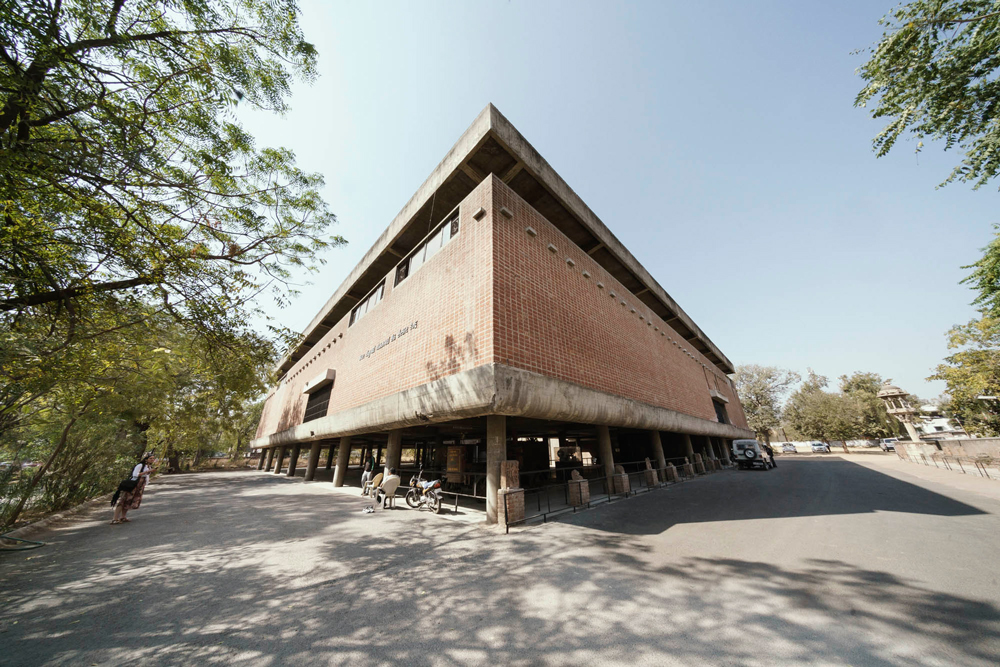
City Museum Chandigarh Corbusier Image John Gollings ©
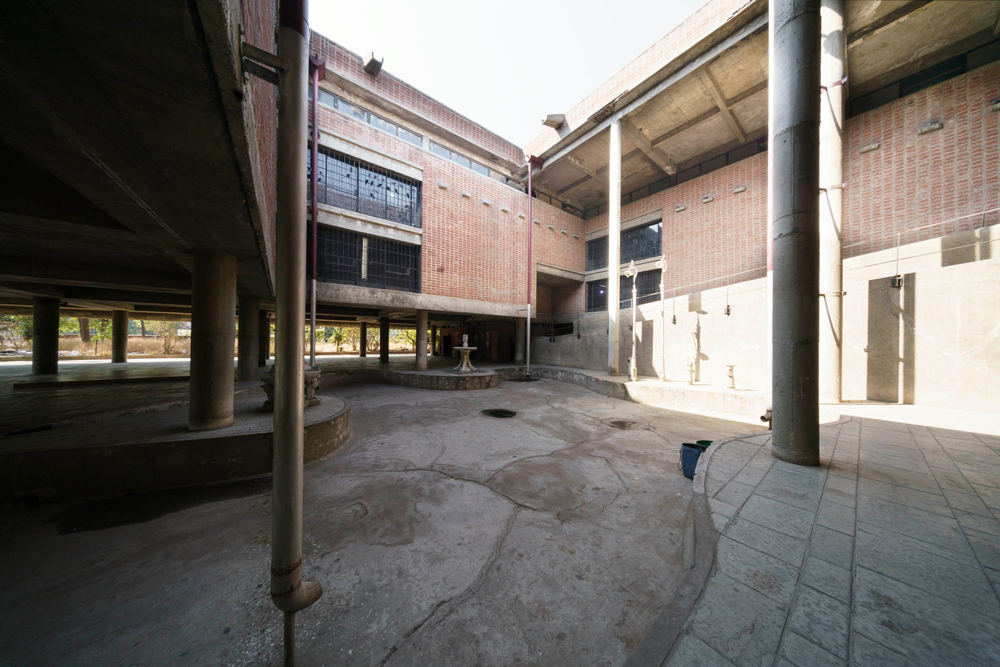
Corbusier’s City Museum Image John Gollings ©
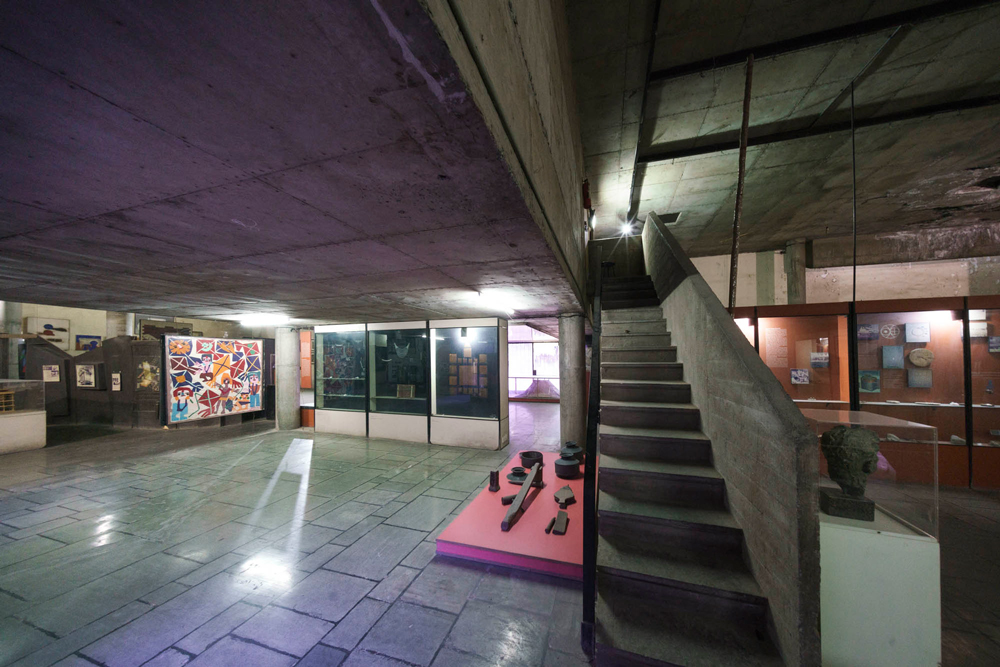
Corbusier’s City Museum Image John Gollings ©
Are you planning for the new decade?
More rock art, I’ve become addicted to the ancient discoveries in the outback, more dead cities around the world and more commercial work which I thrive on. I’ve been slowly doing aerials of outback Australia which I will continue, they’re a challenge to not be too pretty or abstract yet allude to issues of white occupation and destruction and cultural mapping.
The one that got away? A building or place that you didn’t manage to capture and would love to return to?
Corbusier chapel at Ronchamp and Lloyd Wright’s Fallingwater
Book?
Perfume, Suskind
Song?
Suzanne by Leonard Cohen
Home city tips on what to see and do?
Melbourne, Lyon House Museum, Stokehouse Restaurant, Città, the Mornington Peninsula and proximity to Sydney.
All images are the Copyright of John Gollings ©
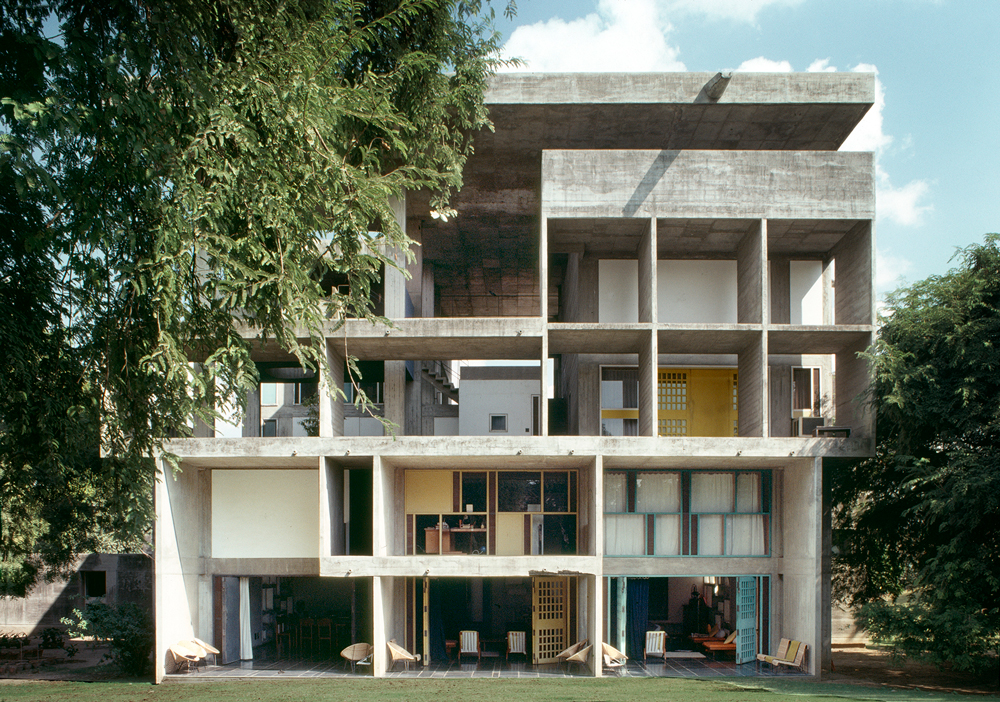
Villa Shodhan Corbusier Image John Gollings ©
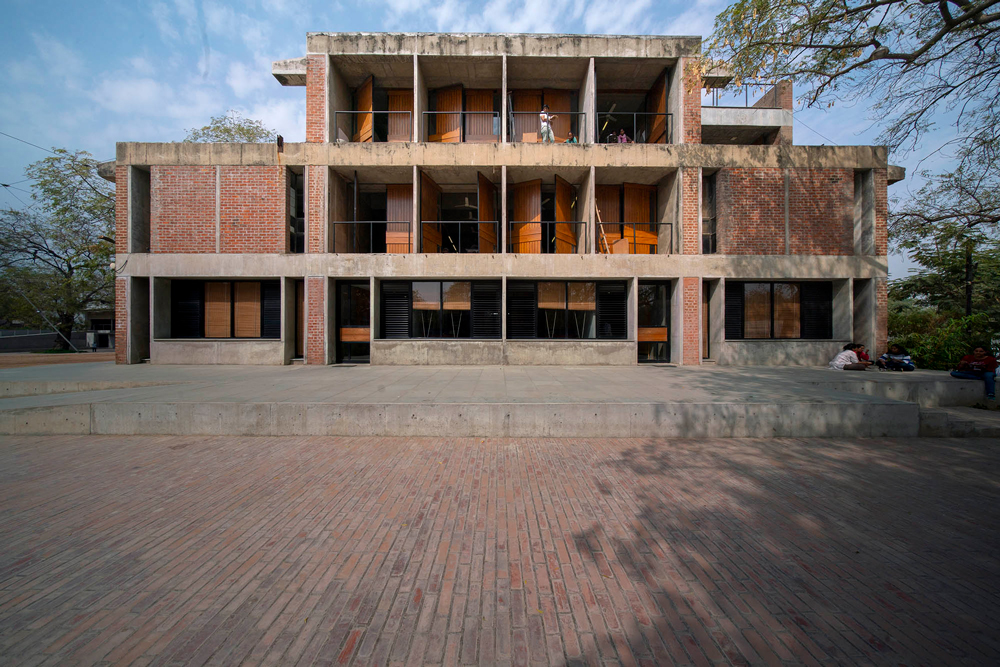
CEPT University Khan/Doshi Image John Gollings ©
Visit John’s website http://www.gollings.com.au/projects
Find John on Instagram www.instagram.com/johngollings/
Read: Beautiful Ugly: The Architectural Photography of John Gollings ISBN-13: 978-0500500316
See John Gollings: The History of the Built World at the Museum of Sydney until 26 April 2020
John in action: Now And When




